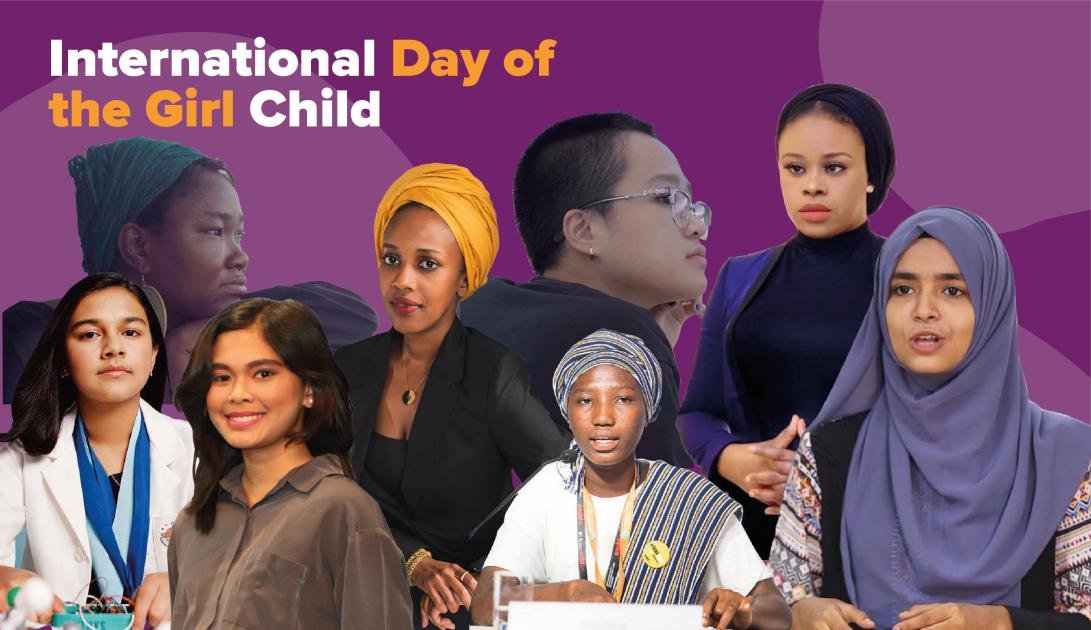On this International Day of the Girl Child, our hearts bear the weight of a harsh reality. As we commemorate this day, a somber question looms: how much longer will we endure the scourge of sexual and gender-based violence (SGBV) in our society? How many more of these “days” will pass while countless innocent girls suffer? Recent events, such as the Ranipur case, have thrust this issue into the spotlight, but we must consider the broader context and the need for lasting change.
The escalating reports of violence against women in our society are deeply troubling. Women and girls endure not just torment but also horrendous brutality, often leading to their tragic deaths.
These heinous acts leave dismembered remains in various places, like vacant lots, dumpsters, or filthy drains. The families of these victims agonizingly await justice, which frequently remains elusive.
Forced marriages of young girls persist alarmingly, even in regions like Sindh, where legislation exists to combat this practice. The province of Punjab is also witnessing a rise in child marriages, and the situation in KPK and Balochistan remains uncertain. Regrettably, many of these young brides pass away only a few years after their marriages. Why? Because each year, these young mothers give birth to children, leading to anemia, malnutrition, poverty, social injustices, and a lack of adequate medical facilities, all contributing to their untimely deaths.
To fully comprehend the extent of sexual, physical, and gender-based violence, particularly in impoverished and underdeveloped regions of Pakistan, one can turn to NGOs committed to addressing these issues. It is essential to recognize that when such tragic incidents occur, civil society responds promptly with unwavering dedication. Simultaneously, social media, television channels, and newspapers leave no stone unturned in spreading these stories far and wide. Protests and demonstrations ensue, yet afterward, a seemingly endless silence follows.
In this modern age, civil society, as well as social, print, and electronic media, have emerged as vital pillars of support for the oppressed. The marginalized now see these platforms as robust allies. Without the Ranipur incident being brought to public attention, would the progress in that case have been possible?
The pivotal point is that from the beginning to the very end, the plight of the vulnerable and oppressed should receive constant attention. This commitment should come from various fronts—civil society, the media, and even individuals tirelessly working on their own.
Today, on the Day of the Girl Child, let us commit to taking a comprehensive approach to end oppression and injustice. It is our collective duty to ensure that the suffering of young girls and women does not go unnoticed. We must stand unwaveringly against sexual and gender-based violence, take action, and ensure that the days of suffering come to an end. Change is overdue, and it begins with each one of us.
Regenerate



